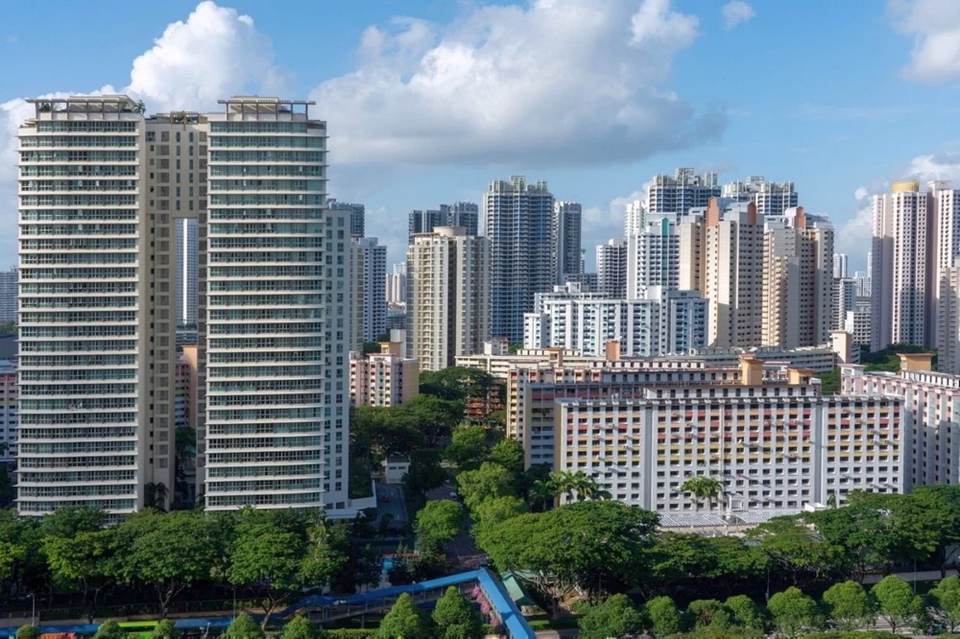This wasn’t an isolated case or about a large sum — it exposed a deeper problem: many property agents in Thailand operate without oversight, while foreign tenants often forgo justice due to unclear rights and legal inconvenience. (Photo: PRD)
PATTAYA, Thailand – As a legal professional working with foreign nationals in Thailand, I’ve encountered many stories some frustrating, some eye-opening. But one recurring issue that keeps surfacing is deceptively simple the security deposit that never comes back.
It might seem like a small matter, but for many foreigners living in Thailand, it becomes a symbol of mistrust, confusion, and legal vulnerability.
Let me share with you one such real case, from my legal clinic.
It Started with Trust
David (name changed), a European professional working in Thailand’s tech industry, came to my office with a thick file of documents and a visibly frustrated face.
He had rented a condominium in the Phrom Phong area of Bangkok through a local property agent.
The lease was properly executed, payment made in full, and a two-month security deposit around 36,000 THB was placed, as is standard.
He fulfilled the lease, gave timely notice, and returned the unit in good condition. He even took photos of the unit before moving out.
And then… silence.
The Vanishing Act
After vacating the unit, David tried to contact the agent several times. Emails, Phone calls, Messages. No response.
No explanation. No argument. Not even a polite excuse.
“I don’t understand. I followed the contract. Why are they doing this to me?” he asked, clearly disheartened.
Our Investigation Begins
As David’s legal representative, we immediately began looking into the matter. From the lease agreement, we confirmed that the landlord on paper was not the agent but a limited company acting as a rental intermediary.
Digging further through land office records, we discovered that the actual owner of the unit was a Chinese woman who had not lived in Thailand for years. She had entrusted the unit to this agency, but without a clearly defined power of attorney or written mandate. In short, the agent was acting loosely as an unregulated caretaker with little accountability.
Polite First – Then Firm
We issued a formal demand letter to the agency, attaching the lease, payment slips, and photos showing the unit’s condition. We requested a response and repayment of the deposit within 7 business days.
…Silence…
We followed with a second notice, this time warning of legal action if no response was received.
Still nothing.
When Law Becomes the Last Option
With no reply, we filed a claim in the Bangkok Civil Court (Small Claims Division).
It was a straightforward case: a valid lease, no damage, no counter-claim.
For David, the 36,000 baht wasn’t the issue. It was the principle.
He wanted to make it clear: “You may have done this to others before. But this time, you will be held accountable.”
What This Case Taught Us
This case wasn’t rare. Nor was it about a large sum of money. But it exposed a deeper issue.
Many property agents in Thailand operate without oversight.
Foreign tenants often don’t know their legal rights and choose not to pursue justice due to inconvenience.
Absentee landlords often have no clear control over what their local representatives are doing
As a Legal Advisor, My Advice Is This:
If you are a foreign national renting a property in Thailand:
Always insist on written contracts.
Take photos of the unit before move-in and after move-out.
If your deposit isn’t returned, don’t hesitate to send a formal demand.
And if that fails you can and should sue. Thailand’s small claims court system is efficient and fair.
The law should never be feared when it is used with knowledge and fairness. At my legal clinic, we assist foreign residents in making the Thai legal system work for them not against them. Justice should not be reserved only for those who understand the rules best.
Victor Wong (Peerasan Wongsri)
Victor Law Pattaya/Finance & Tax Expert
Email: <
[email protected]> Tel. 062-8795414



